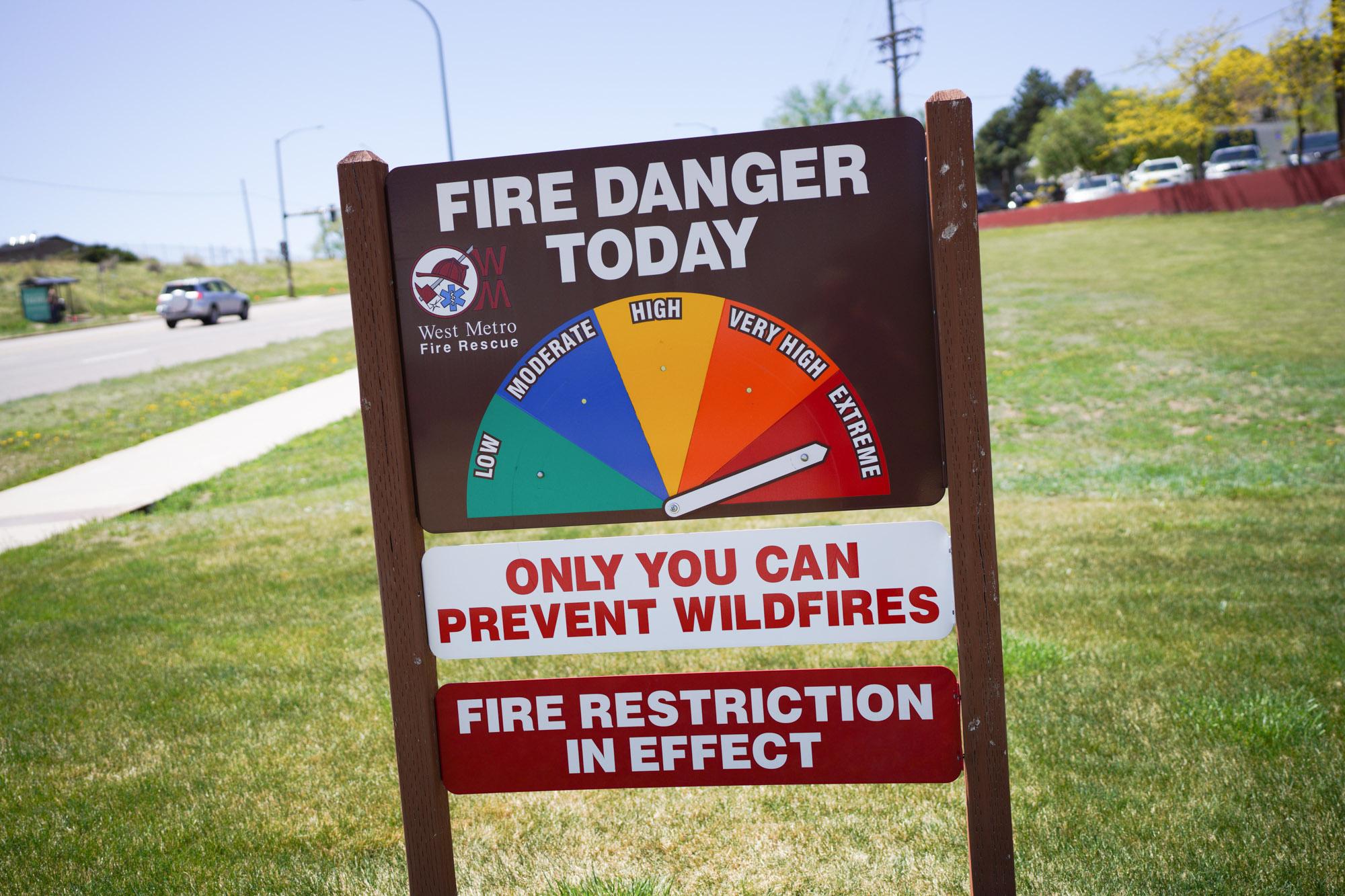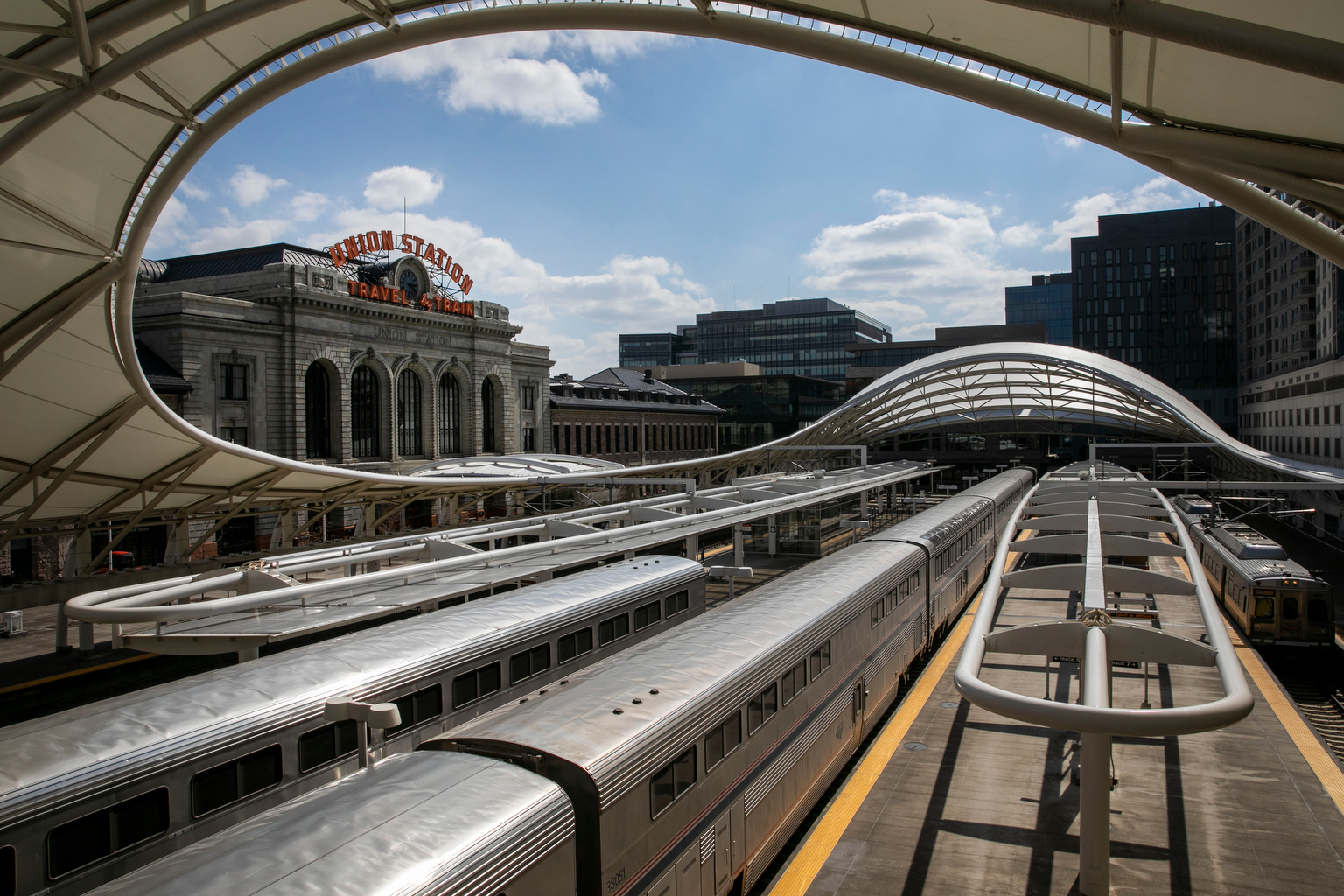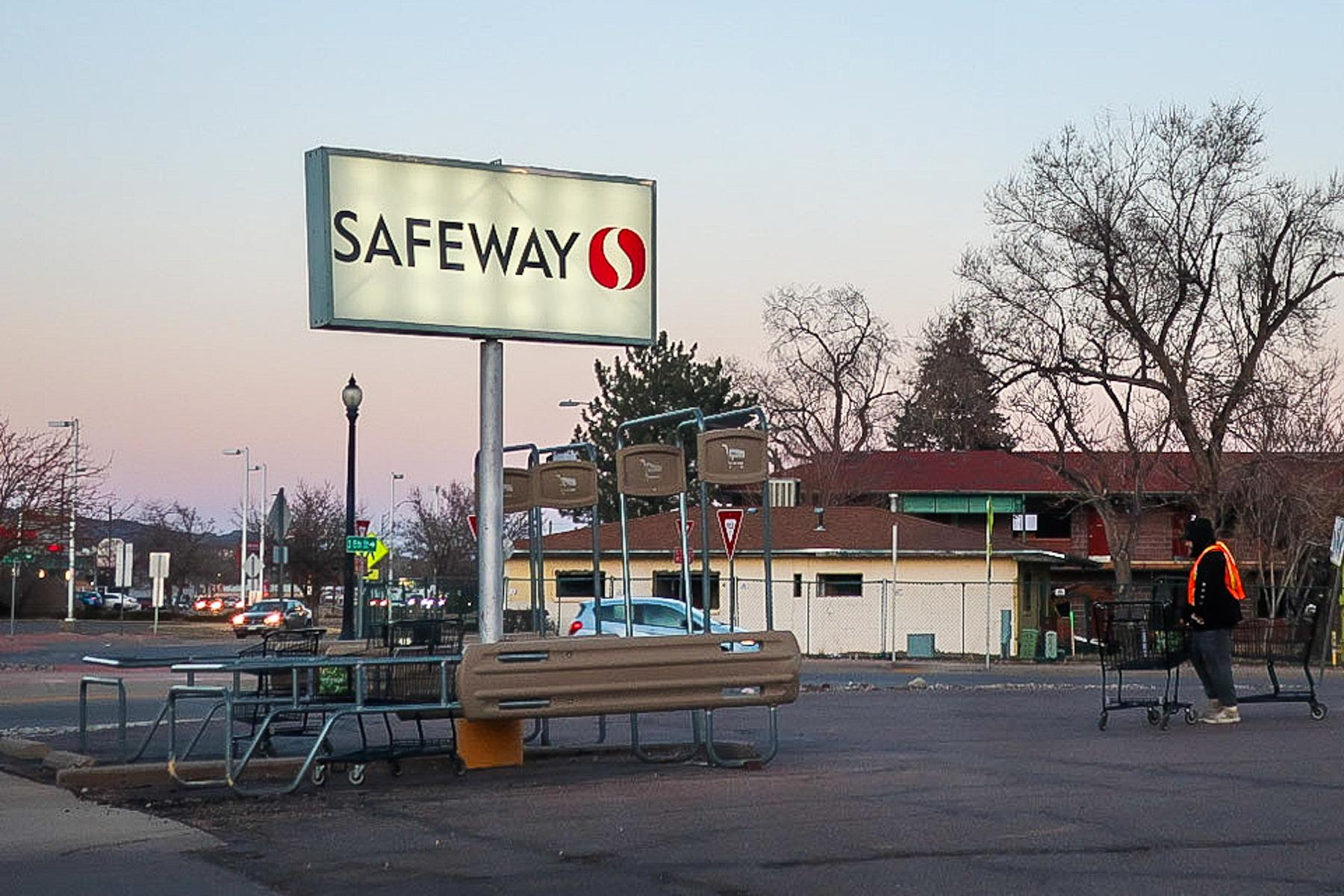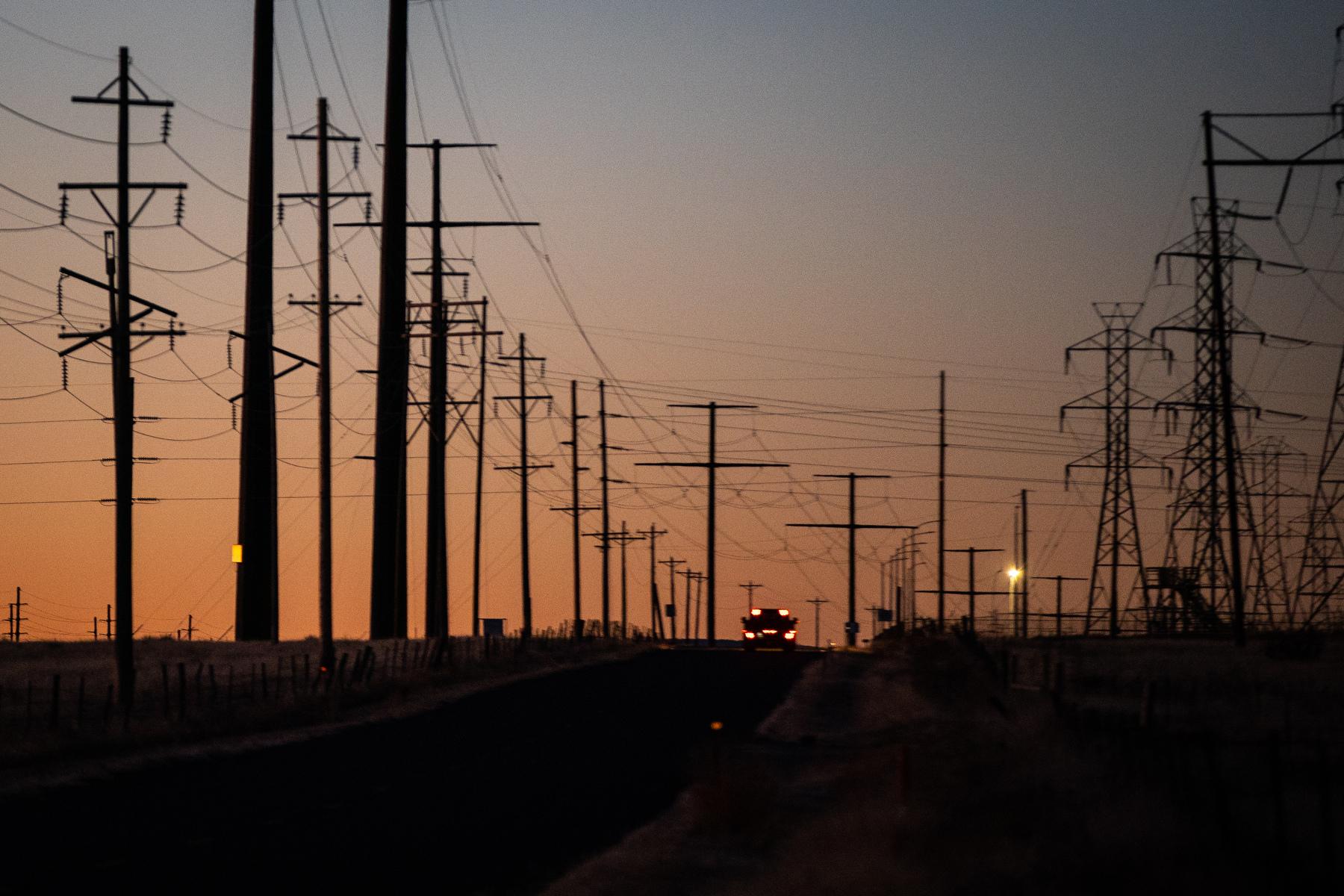
Come Oct. 1, wildland firefighters could be facing a big pay cut. Western lawmakers are urging Congress to act quickly so that these firefighters don’t go over a “pay cliff.”
Wildland firefighters are on the front lines of wildfires that rage across the West every year, and with the climate warming and drying, the needs are just getting greater.
At a Senate hearing last week, Wyoming Sen. John Barasso, a Republican, said that for years wildland firefighters have done a lot, for little in return. “The only way to ensure that we have enough firefighters to defend our forests into the future is to ensure that they are fully supported and compensated.”
At the end of 2021, wildland firefighters got a big pay boost from the bipartisan infrastructure law. But that temporary raise of $20,000, or 50 percent of their base salary (whichever one was less), goes away Sept. 30.
Barasso, Colorado’s Michael Bennet and 10 other Western senators from both sides of the aisle wrote the leaders of the Senate Homeland Security and Government Affairs Committee to consider legislation that will provide a “long-term solution to increase wildland firefighter recruitment and retention.”
During that same Senate panel, Nevada Sen. Catherine Cortez Masto, who signed onto the letter, asked what would happen if Congress failed to extend the pay increase.
“Well, I think it would be absolutely catastrophic,” answered the U.S. Forest Service’s Jaelith Hall-Rivera. ”Our union is telling us they would expect 30 to 50 percent of our firefighting workforce would leave.”
Hall-Rivera says the effects are already being felt.
“We are starting to see some resignations now. People are not going to wait until Sept. 30.”
Congress is considering numerous proposals to improve wildland firefighter compensation, from ensuring that wildland firefighters don’t lose retirement benefits to providing affordable housing. President Biden’s budget request also includes better pay and benefits.
Still, it might be a hard sell in the House, where some conservative members are pushing for less spending overall.
Colorado Democrat Joe Neguse introduced a bill for a permanent pay increase. The bill was named in honor of Tim Hart, a smokejumper from Wyoming who died in 2021 fighting a wildfire in New Mexico. Bennet introduced the same bill in the Senate.
Neguse said the money involved is an obstacle — but it shouldn’t be.
“At the end of the day, these are first responders. They are people who are sacrificing a lot to protect us and our families and our communities and our states.”
In a future with increasingly more catastrophic wildfires, Neguse and Western lawmakers argue it’s tough work that deserves adequate pay and benefits in return.









